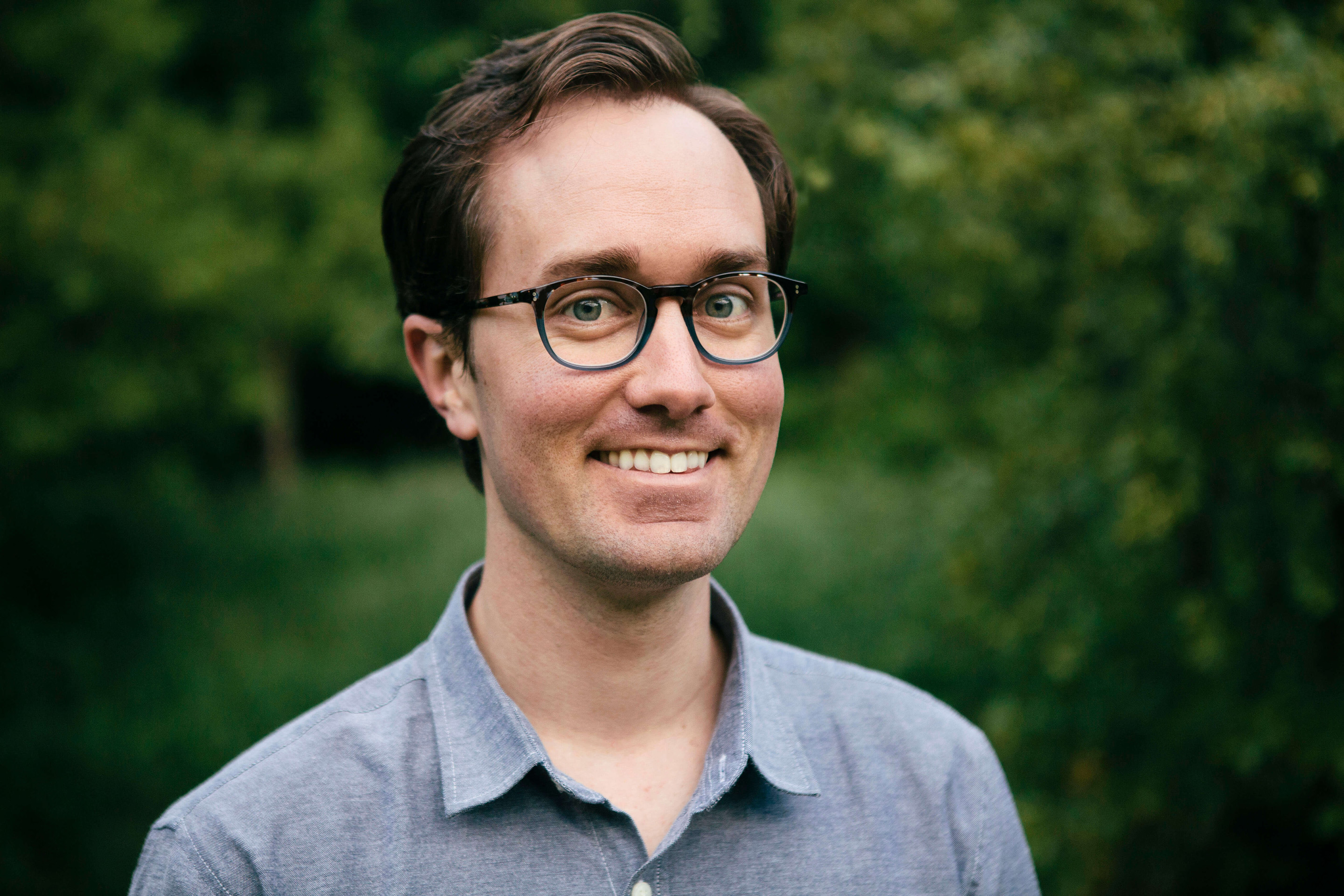Exactly 500 years ago this Halloween, Martin Luther nailed a paper to a door and launched the Protestant Reformation.
Or so the legend goes.
In reality, scholars debate whether Luther nailed anything to a door. What we do know is that in 1517 he wrote a letter to his religious leaders that included his 95 theses, which quickly spread across Europe in pamphlet form.
It was printed pamphlets like this that really got the Protestant Reformation rolling. And Luther was at the center of it all. In fact, according to the biographer Lyndal Roper, Luther was responsible for 20 percent of everything printed in Germany between 1500 and 1530.
Because of the printing press, far more people read for themselves what was in the Bible. And they saw, as Martin Luther claimed, that practices such as the selling of indulgences had little to do with scripture.
Just like that, religion evolved.
We’re on the cusp of another major religious evolution — driven once again by the invention of a new technology that has upended the way we communicate.
First, anyone with an internet connection can hop online and find truths about their religion that often get skipped in traditional settings. Just as the printing press enabled people to see for themselves what was in the Bible, the internet enables the masses to learn new details about religious history.
Second, the internet gives voice to the marginalized. As a result, many believers see that traditional religions haven’t fully considered certain voices, including women, people of color, and the LGBTQ community.
Third, as believers discover uncomfortable facts about their religion, whitewashed religious views often bring anxiety instead of comfort. Because of this, many people struggle to access the beauty they once felt in their religious community, leaving them feeling spiritually unmoored.
A change on one of these fronts generally results in a faith crisis. A change on all three fronts brings an evolution — especially at a collective scale.
We see this evolution reflected in the data on religious affiliation, particularly when it comes to young people. Pew Research finds that 36 percent of young millennials and 34 percent of older millennials in the United States now don’t claim any religion as their own.
You might think, as I initially did, that non-affiliation is just a phase all young people go through and that millennials will eventually circle back to religiosity later in life. But Pew has found that“most generational cohorts actually are becoming less religiously affiliated as they age.”
Pew’s research shows a similar trend for Mormonism specifically. That is, the ratio of American adults who were raised Mormon and still identify as Mormon dropped from 70 percent to 64 percent in seven years. If this trend continues, in two decades one out of every two Mormons will no longer identify as Mormons into adulthood.
That trend may trouble believers, but I don’t believe we’re about to see the end of religion. After all, the Protestant Reformation didn’t end Catholicism. Instead, Catholicism evolved and continues to evolve under the leadership of Pope Francis. With rare exception, all religions — including Mormonism — will also continue to evolve toward a more expansive worldview. This is the coming Mormon evolution.
The bad news is that religious evolutions bring pain for people who disagree about belief. For instance, hundreds of heretics were slaughtered and millions of soldiers and civilians died in religiously inspired wars during the Protestant reformation. Though we’re (thankfully) less likely to burn each other at the stake today, we still see relationships torn apart due to religious disagreements.
The good news is that religious evolutions eventually bring a better life for everyone. After all, the Protestant Reformation paved the way for the Age of Enlightenment, a time when people were more willing to admit they could be wrong about their prior beliefs and live together more peaceably as a result.
Whether we stay with traditional religion and help it evolve in healthy ways or do the same work from the outside, the coming Mormon evolution will ultimately make life better for us all. We should make the best of it.

Jon Ogden is the author of “When Mormons Doubt: A Way to Save Relationships and Seek a Quality Life.”